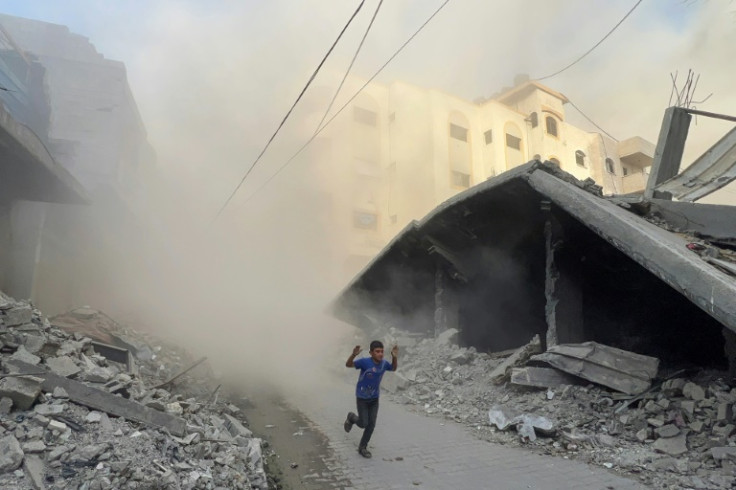International Outrage Mounts After Israel's Airstrike In Qatar

Israel's unprecedented airstrike on Hamas leaders in Qatar has triggered a wave of international condemnation and placed fresh strain on global diplomacy. The attack, which took place in Doha on Tuesday, targeted senior Hamas officials who were reportedly meeting to discuss a U.S.-backed ceasefire proposal for Gaza. According to reports by the Associated Press, at least six people were killed, including a Qatari security officer, though Hamas later claimed its top leadership survived.
Qatar reacted furiously, describing the strike as "state terrorism" and a direct assault on its sovereignty. Qatari officials said they were given only minutes of warning, undermining U.S. claims that the country had been alerted in advance. The Qatari prime minister vowed to continue mediation efforts despite the attack, insisting that nothing would deter Doha from its role as a regional negotiator.
The backlash extended quickly across the Middle East and beyond. Turkey condemned the attack as a violation of international law, with President Recep Tayyip Erdoğan accusing Israel of adopting terrorism as state policy. In Europe, UK Prime Minister Keir Starmer denounced the bombing as a reckless breach of sovereignty that endangered stability, while European Union officials joined in calling for restraint. According to reporting from the Washington Post, a chorus of states including Saudi Arabia, Egypt, the UAE, Morocco, Spain, and Pakistan also issued sharp rebukes, with the Arab League and the Gulf Cooperation Council uniting in condemnation. The United Nations Secretary-General described the strike as a flagrant violation of international norms and urged all sides to avoid escalation.
The United States found itself in an awkward position, balancing its alliance with Israel and its security relationship with Qatar. President Donald Trump said he was "very unhappy" about the incident, emphasizing that the decision to strike had been made by Israeli Prime Minister Benjamin Netanyahu, not by Washington. According to Reuters, Trump claimed that a warning had been passed to Qatar before the strike, though officials in Doha disputed this timeline, saying they were informed only as the missiles were already landing.
Israel defended the operation as a necessary blow against Hamas's external leadership, framing it as a warning to its adversaries across the region. According to statements reported by Reuters, Israeli officials said that if Hamas leaders survived this time, they would be targeted again. Netanyahu's government insisted the action was justified by security concerns and the need to eliminate what it called "terrorist infrastructure."
The strike has cast a shadow over fragile ceasefire talks and raised doubts about Qatar's future role as mediator. Analysts cited by the Atlantic Council warned that the move could derail hostage negotiations and unravel parts of the Abraham Accords, which had aimed to normalize Israel's relations with Arab states. With the UN Security Council preparing an emergency session and regional leaders arranging solidarity visits to Doha, the fallout from Israel's decision is expected to reshape alliances and intensify tensions in a region already on edge.
© Copyright IBTimes 2025. All rights reserved.





















